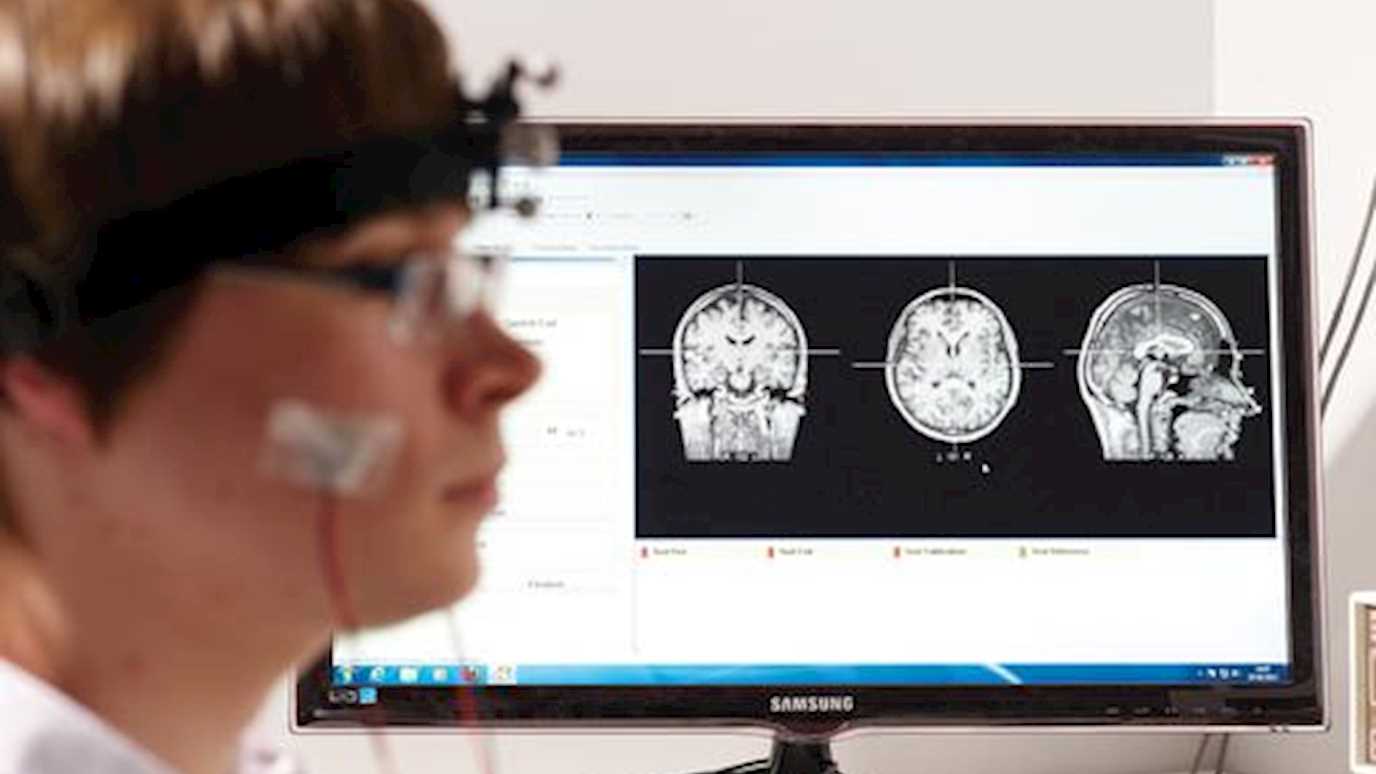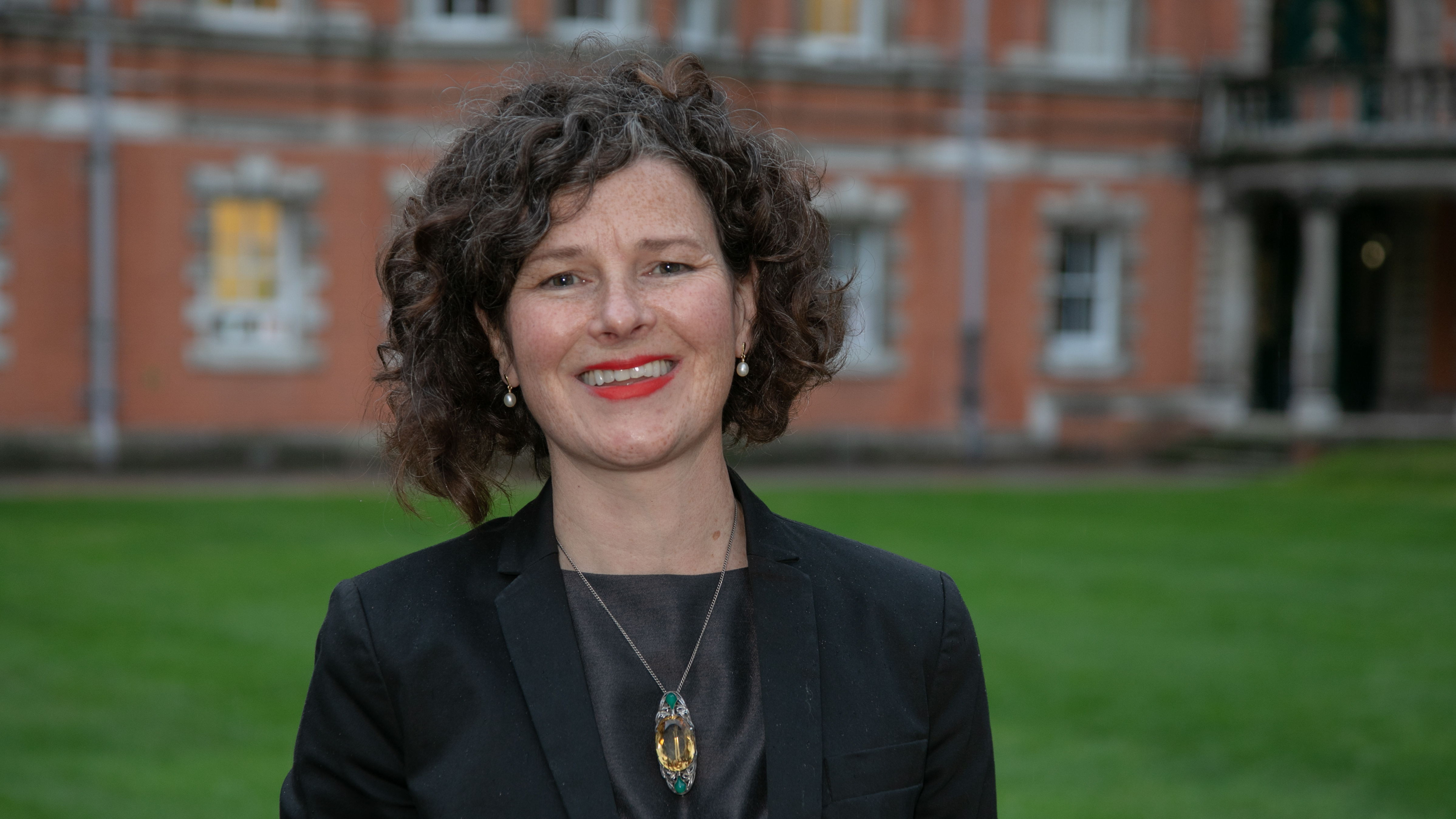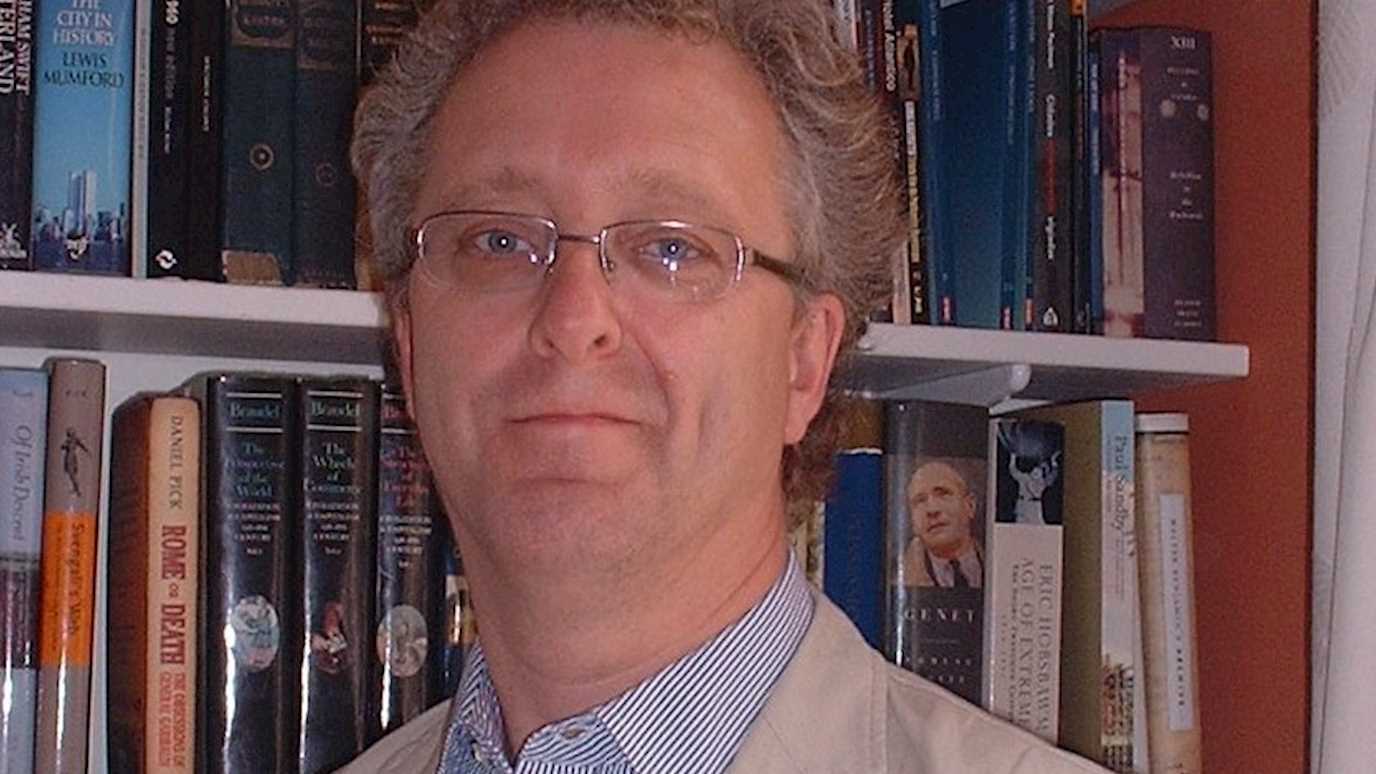Dawn Langdon, Professor of Neuropsychology at Royal Holloway, University of London, has led an international project to create a clinical tool to provide non-specialist healthcare professionals with the ability to assess the cognitive functioning of Multiple Sclerosis (MS) in patients.

The Brief International Cognitive Assessment for MS (BICAMS) is an innovative hub of tests to help our understanding of cognition in MS.
MS is a chronic, progressive disease of the brain and spine that affects approximately 120,000 people in the UK, and 2.5 million worldwide. Approximately half of those living with MS experience some sort of cognitive difficulties. This can be problematic, not only in their day to day life, but also impacting disease management and employment. This creates major financial implications for the both the individual and society.
Formal cognitive assessments are necessary to fully understand the cognitive difficulties a person with MS is experiencing. However, up until recently, such tests were time consuming to complete, expensive to produce, and required trained neuropsychologists to administer them.
This therefore meant effective cognitive assessments were inaccessible to the vast majority of people living with MS.
To combat this issue, working with a specially selected team of experts, Professor Langdon developed BICAMS. This standardised, easy-to-use clinical tool allows more centres to offer assessment, and more patients access to the treatment they may need. The team also designed a programme so the series of tests could be translated and shown to be valid in any country and language across the world.
Speaking of the project, Professor Langdon said: “Although many health professionals and people with MS recognise the importance of cognitive difficulties, they were hard for most clinics to measure precisely before BICAMS”.
“We’re pleased to see that the tool is progressing so well, and that the international MS community has responded with effectiveness and determination to make BICAMS available in many more countries.”
Read more about BICAMS here.

























